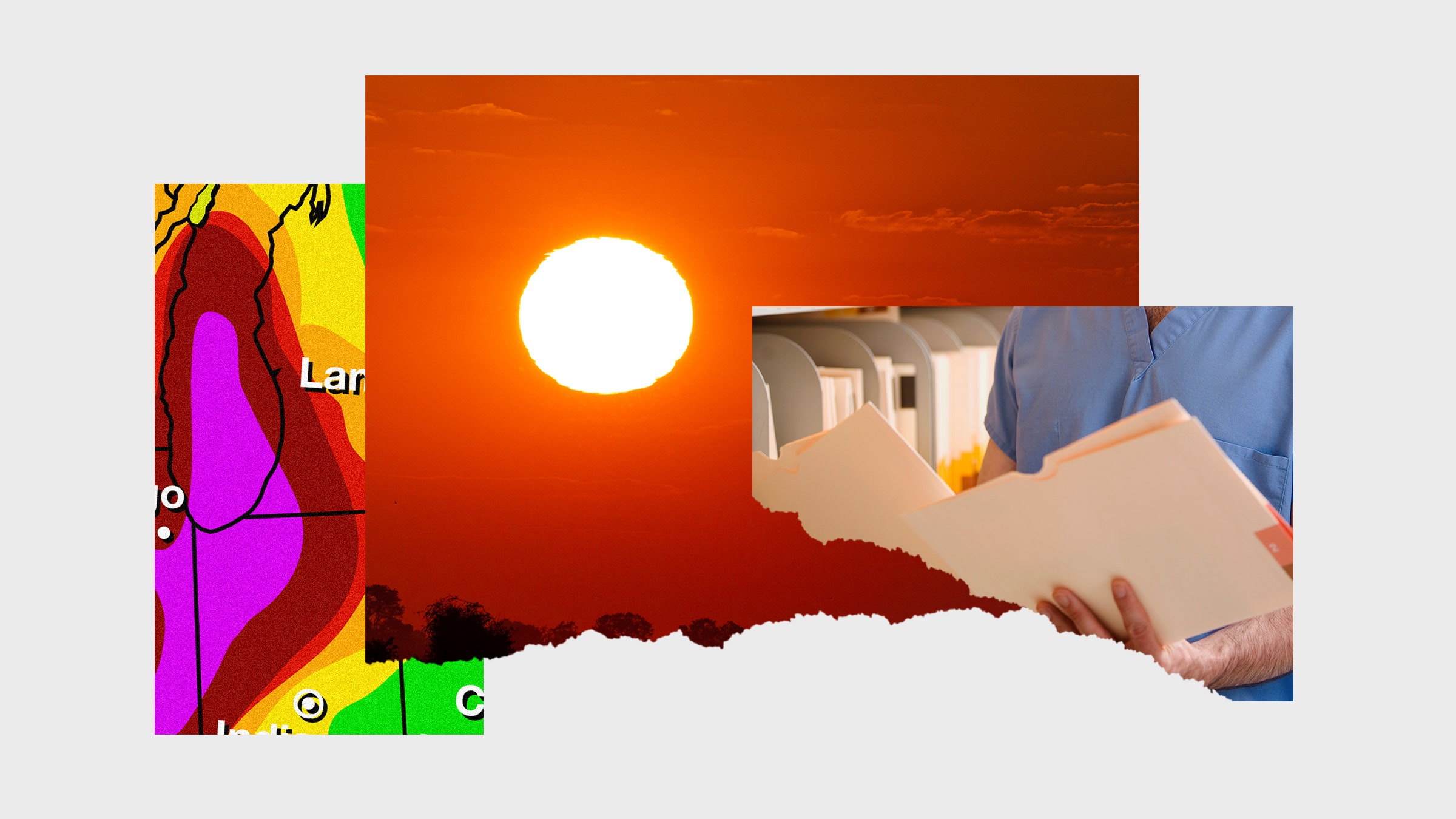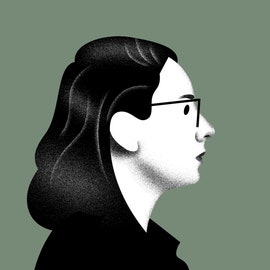Last June, a heat dome settled over British Columbia, shattering the region’s heat records for five consecutive days and hitting temperatures of over 120 degrees. The dome was responsible for at least 500 human deaths (and potentially a billion marine creature casualties) and stretched the health systems in the region to their breaking point.
And at one rural hospital in Nelson, British Columbia, doctor Kyle Merritt began to feel like there was more he should do than simply treat all the patients coming in with heat stroke and exhaustion. “I was upset with what I was seeing,” he says, “I felt like it should be documented in some way.” So when a 70-year-old woman arrived with heat stroke, he wrote “climate change” in her medical chart as the underlying reason she had to be admitted to the hospital.
It was the first and only time Merritt chose to include “climate change” as an underlying condition in a patient’s chart. “It was the first patient that I felt like it was really clear cut,” he says. Had the conditions outside not been so extreme, he might have been able to discharge her and let her recover at home. When we spoke, Merritt emphasized that it was a decision he made in the heat of the moment. He never expected it to become national news.
Months later, when speaking with the founders of a small organization called Doctors for Planetary Health, Merritt shared the story of his decision to write “climate change” in the patient’s chart. When they asked to use that story in a press release accompanying a planned climate rally, Merritt didn't think anyone was going to read the press release about this little thing that happened.
But read it they did. Eventually, Merritt’s story was all over the news, often under erroneous headlines claiming he had “diagnosed” a patient with climate change (the phrase appears in her chart as an underlying cause, not a diagnosis). The story was covered by national publications like NBC News, The Hill, The Daily Mail, along with a host of right-wing news sites like GOP USA.
Some praised the decision for bringing necessary awareness to the connection between climate change and health. “When I saw this, I thought, ‘Yes, this is what we need. We need more attention to the social determinants of health,’” says Keisha Ray, an assistant professor at the McGovern Center for Humanities and Ethics at UTHealth. Others claimed this was “the latest example of team-left lunacy.” Some columnists argued, incorrectly, that the patient probably didn’t get proper treatment because her doctor “diagnosed her” with something incurable. (Merritt admitted the patient to the emergency room and she was treated for her condition.)
When I read the story, my question was less about Merritt and more about the patient herself. Did she know she was the center of this news blip? Had he talked to her about climate change, or the fact that he was writing it in her chart? Did she give permission to be in the press release? And what are the ethics of turning a patient into a public point?

